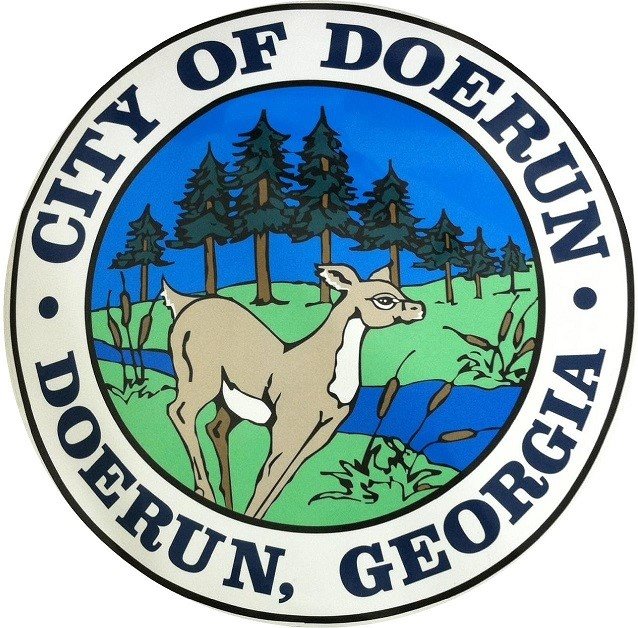Engineering group says Georgia infrastructure is lagging
Published 5:40 pm Thursday, January 24, 2019
ATLANTA – Georgia’s infrastructure has improved only slightly in spite of a measure that raised nearly $1 billion annually for the state’s roads and bridges a few years ago, according to a new report.
But for now, the state’s vast network of roads, airports, public transit, stormwater and other systems continues to receive middling marks from the Georgia Section of the American Society of Civil Engineers.
This year’s overall grade was a C+ in the group’s 2019 Report Card for Georgia’s Infrastructure, which was released this week. That’s up only slightly from a C in 2014, when the group last graded the state.
Dan Agramonte, who co-chaired the report card committee, said it will take time to fully measure the impact of some changes, such as the 2015 transportation measure that boosted state funding.
His group acknowledged the strides made in recent years, such as a push for regional transit in metro Atlanta, an expanding Savannah port, the hiring of more dam inspectors and the new funding for roads and bridges.
“These achievements acknowledge that infrastructure is not a political issue,” Agramonte said. “It’s a Georgia issue, impacting our state’s commerce and economic growth and quality of life.
“Still, much work remains to be done,” he said.
Specifically, the group encouraged lawmakers to now move toward providing reliable funding for transit in Atlanta, finding ways to incentivize private dam owners to make needed repairs and bulking up rail and truck freight transportation networks to accommodate the increased port traffic.
The report also recommended higher user fees for underfunded water-related utilities, such as drinking water, and higher fees for out-of-state disposal as a way to curtail garbage generation.
“We can do better in Georgia,” said Rep. Kevin Tanner, a Republican from Dawsonville who chairs the House Transportation Commission. “We will do better.”
Tanner was a major player in last year’s push to create a framework for regional transit in metro Atlanta, which was seen as a significant and long-awaited step toward improved transit in Georgia’s car-packed capital city.
This year, Tanner said he will turn his attention to other parts of the state.
“We have to rise everyone up together,” Tanner said. “And that’s what we plan to do with legislation this year.”
House Speaker David Ralston also announced earlier this month that lawmakers will soon shift their focus to how best prepare for the growing freight traffic on Georgia’s roads and rail lines. Tanner filed a measure last week that would create a panel tasked with crafting such a plan.
“As we look ahead at transportation, our focus will shift to freight logistics,” Ralston said in a recent speech. “We are going to seize the potential of our ocean and inland ports to continue expanding our economy in Georgia.”





